Net Lease Casual Dining Sector Underperforms
These tenants were hit hard during the end of the first quarter as service moved mostly to takeout and delivery, explains The Boulder Group's Randy Blankstein.

Randy Blankstein
Cap rates in the net lease casual dining sector increased to 6.59 percent, representing a 27 basis point increase in the first quarter of 2020, compared to the first quarter of 2019. Casual dining properties with corporate-guaranteed leases generated cap rates of 6.25 percent, while franchisee-leased properties had cap rates of 7.00 percent.
Both corporate and franchisee guaranteed leases experienced increases of 10 and 15 basis points, respectively, over the past year. Cap rates for casual dining properties leased to franchisees can vary depending on the strength of the guarantor. The primary factor contributing to the increase in cap rates was the softening of the casual dining segment. This is especially true for certain tenants including Applebee’s, which experienced a 25 basis point increase in cap rates in the first quarter of 2020.
In the first quarter of 2020, casual dining properties were priced at a 44-basis-point discount to the overall net lease retail market. Cap rates in the casual dining sector increased by 27 basis points year over year, while the overall net lease retail contracted by 12 basis points. Most attribute the rise in cap rates for casual dining properties to specific brands, including Ruby Tuesday, Red Robin and Golden Corral, that have failed to keep up with changing consumer preferences.
Casual dining tenants were greatly impacted by COVID-19 during the late stages of the first quarter. As many casual dining tenants were forced to shift focus to carryout and delivery, they saw sales volumes drop significantly as dine-in services were suspended. Casual dining tenants will need to prove sustainability of concept in order for transaction velocity to begin again. Additionally, investors will be seeking casual dining brands that have ongoing business models that can take advantage of the increased success of curbside services currently being offered.
Investors are carefully monitoring how restaurants perform during their reopening stages, with limited seating capacity, prior to making acquisitions. Investors will pay closer attention to in-place rents, sales performance, residual real estate and the strength of the lease guarantor and restaurant brand. Corporate-guaranteed leases or large franchisees with strong financials will remain in the highest demand among private investors due to investors’ flight-to-quality response in this sector
Randy Blankstein is president of net lease advisory firm The Boulder Group.

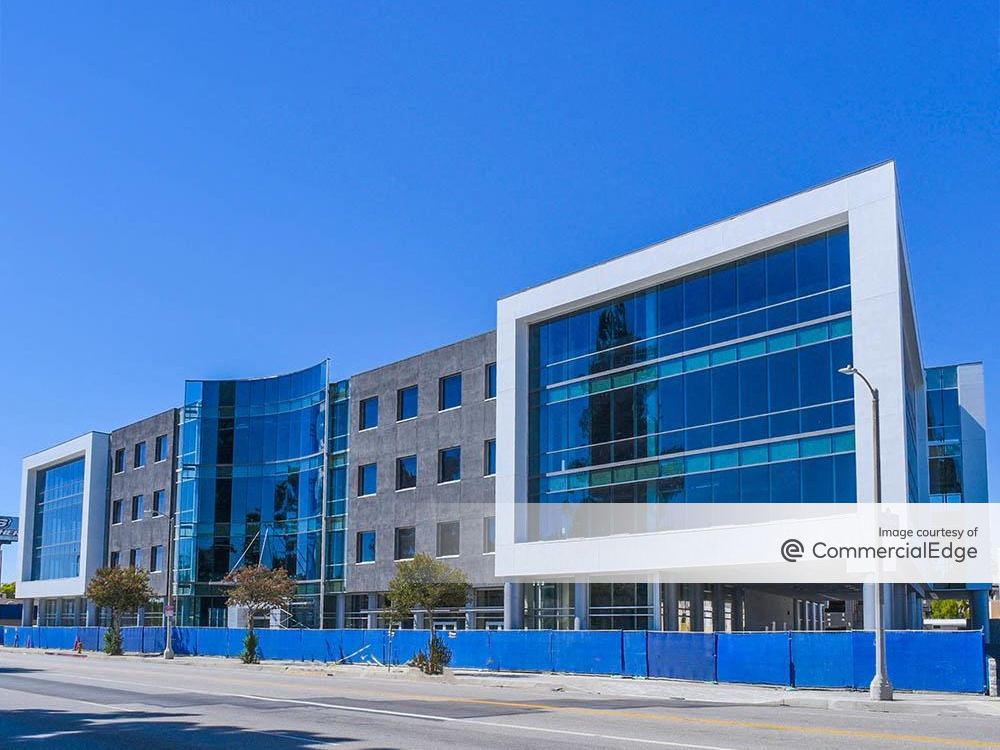
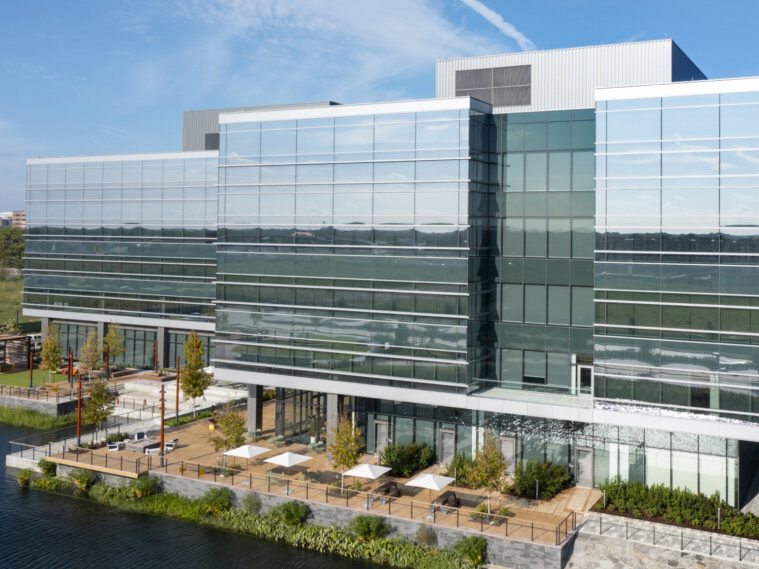
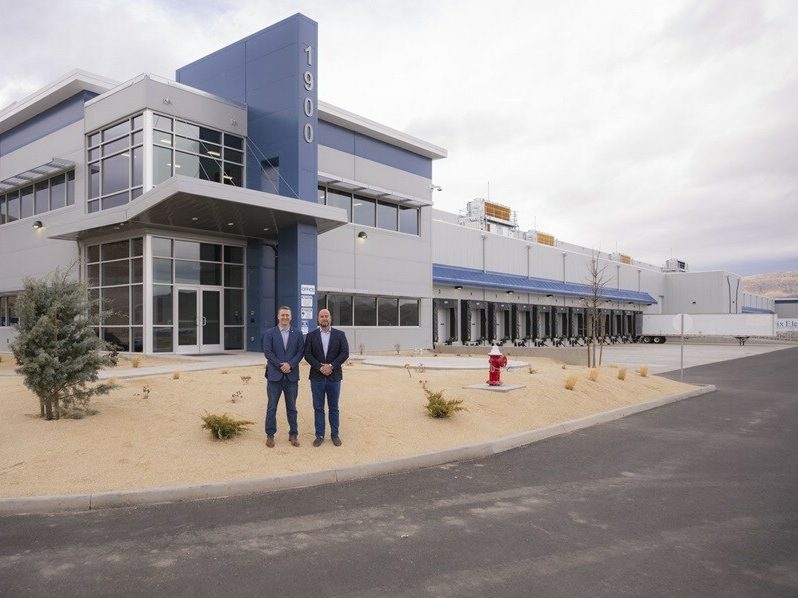
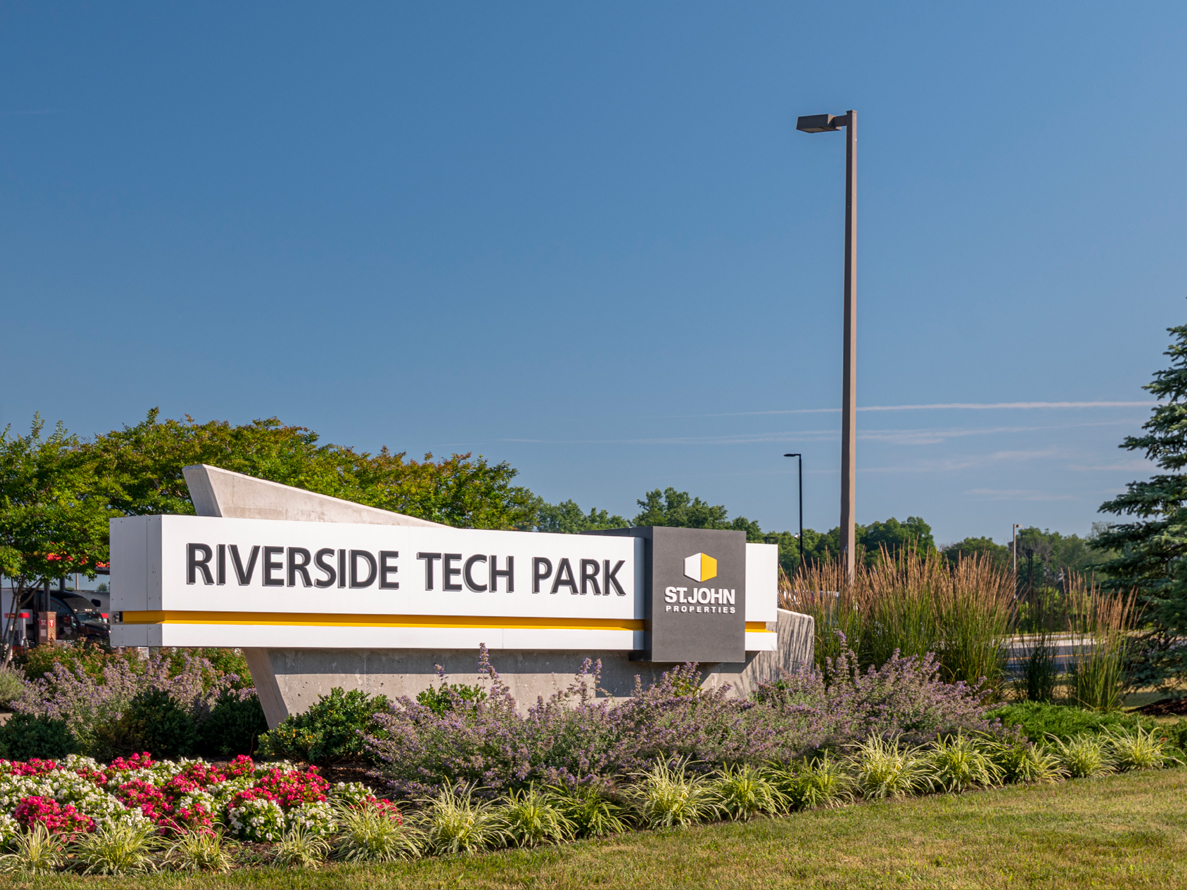
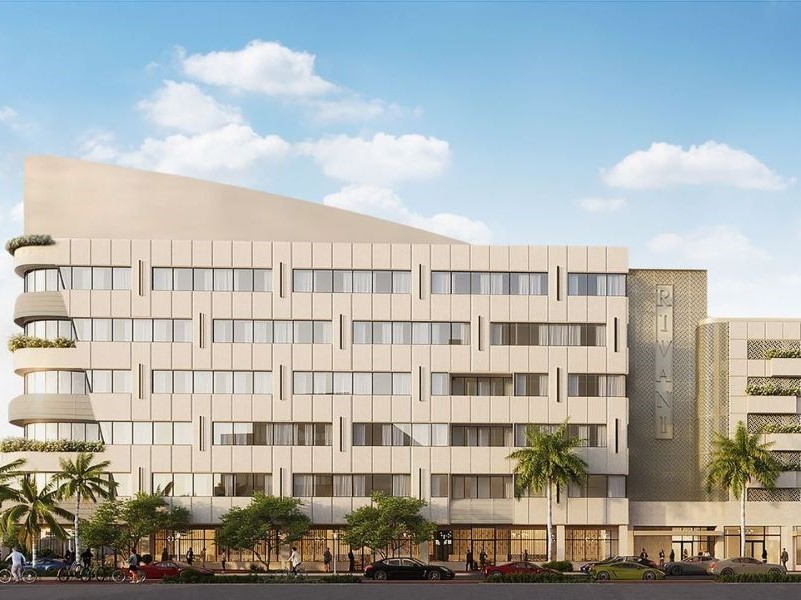
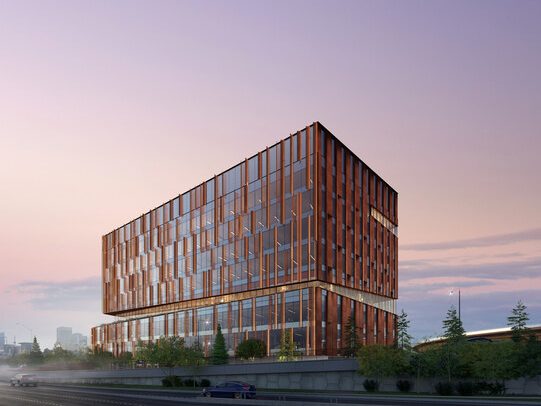
You must be logged in to post a comment.